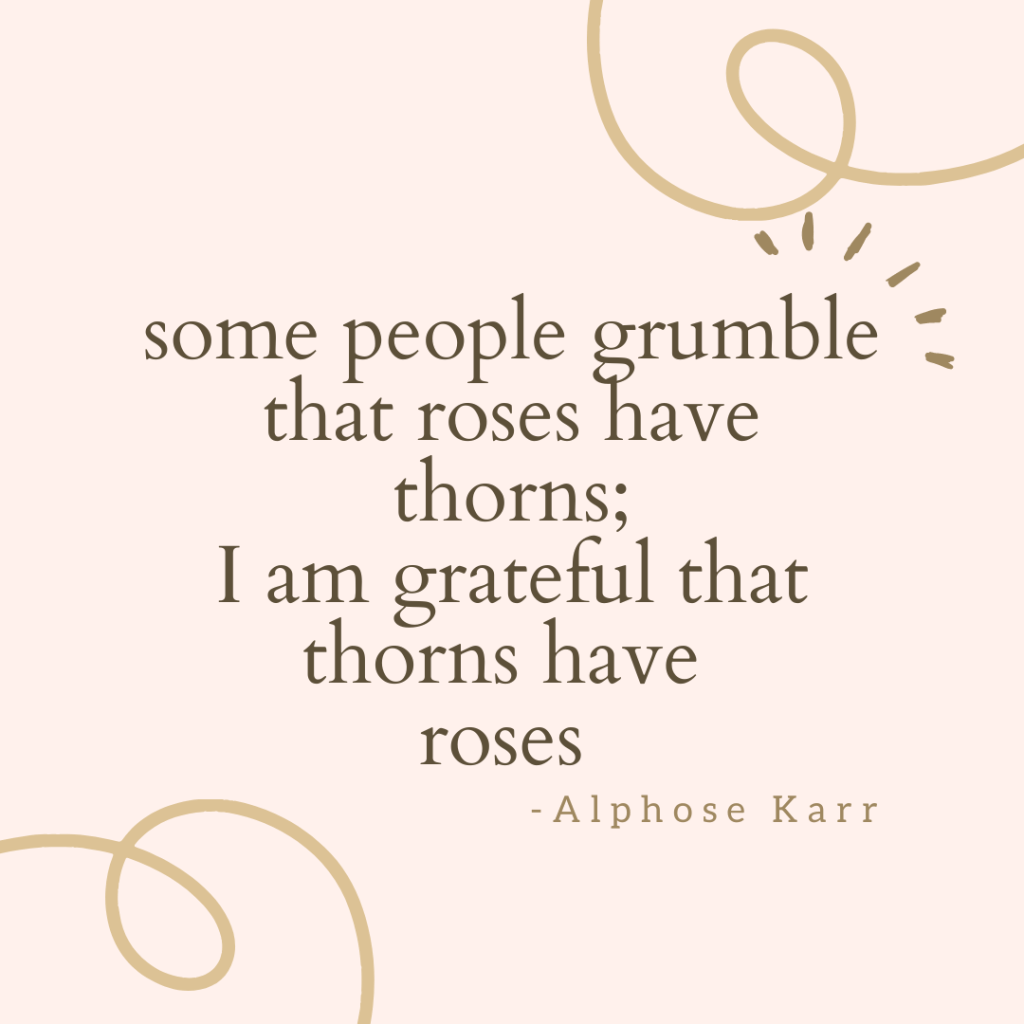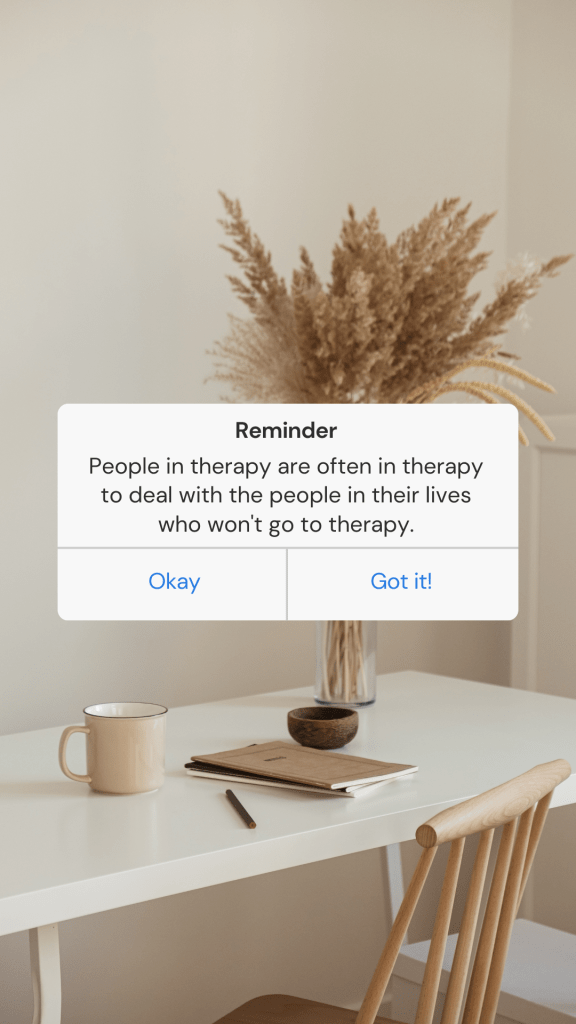The January blues, aka post-holiday depression, seasonal depression, winter blues, or what I like to call temporary insanity, can be a common occurrence after the festive season comes to an end. It’s natural to feel a little down after the excitement and celebration of the holidays but add in the shorter days, some extra weight many of us carry into the new year, and temperatures as cold as a witches tit, and it’s no wonder we’re collectively depressed. As we inch closer to Blue Monday, the temptation to book an all-inclusive vacation is intense, but this is 2023 people, and before I spin this towards positivity, let me remind you, we’re also broke.

So here’s what we’re not going to do this year; we’re not going to buy our way out of the blues. Under normal circumstances, I’d be all for booking a round-trip ticket to the nearest beach and getting drunk on margaritas for a week but 2023 is not the year for that. Nope, 2023 is about keeping our financial wits about us while simultaneously bludgeonging the blues into submission with these budget friendly tips for beating the January blues.
Ten Tips for Beating the January Blues
Get moving
Just stop ok, let your eyes to roll back into their normal position and hear me out. Exercise is a proven mood booster, and it doesn’t have to cost a lot (or anything at all). Go for a walk or run outside, try a yoga or fitness video from YouTube, find an app on your phone or join a local community sports team. I’ve long been a subscriber to Newton’s First Law of Motion, and I can confirm that a body in motion stays in motion, and motion moves mood.

Connect with others
Isolation can contribute to feelings of depression. The problem though is that depression can lead us to isolate and the circle continues. If you’re not at the “crying yourself to sleep stage” this is a good time to be proactive and get some dates in the calendar. If, however, you’ve taken to avoiding calls and eating straight out of the ice cream tub, then you’re going to have to dig deep and make an effort to socialize and connect with others. Invite a friend or family member to go for a coffee or a hike, join a local club or group, or volunteer your time to a worthy cause.

This year, my friend group booked a (budget) cottage for a weekend in January way back in October, long before any of us felt SAD. If you know from experience that January will hit hard, be as proactive as possible ahead of time.
Practice gratitude
Before you dismiss this as some airy-fairy practice, try it. I’ve become so good at practicing gratitude, I had to laugh last night as I genuinely identified ten things to be grateful for between brushing my teeth and crawling into bed. Here’s what I noted, and to be clear, I am now doing what I call “gratitude grounding” without even thinking about it:
- my electric toothbrush rocks
- the new window in my bathroom looks fantastic
- my old flannel pyjamas have reached maximum comfort after 100 washes
- grateful for heating (no seriously, there are too many who don’t have this comfort)
- my heating pad is so cozy
- the Hudson Bay blanket my parents gave me is so pretty
- that feeling of rubbing my feet under cozy sheets is bliss
- knowing I didn’t have to rush to get up in the morning
- damn, dinner was good tonight
- happy messages from my girls on text before I went to sleep
I could have easily picked out twice as many things that are going wrong in my life but I’ve learned that no matter what the circumstance, there is always something, no matter how small, that is worth celebrating. Focusing on the positive aspects of your life can help to shift your mindset and boost your mood. Take a few minutes each day to write down three things you are grateful for, and make an effort to appreciate the little things in life. With practice, you’ll get so good at this, you won’t even need to write it down.

Get creative
Engaging in a creative activity can help to reduce stress and improve your mood. Whether it’s drawing, painting, writing, or cooking, find an activity that allows you to express yourself and have fun.

Get outside
The great outdoors can be a great mood booster, and it’s free! Go for a hike, take a walk in the park, or just spend some time outside enjoying the fresh air. If you find yourself really struggling to do this, then treat it like an experiment. Note how you feel, step outside, set a timer for 30 minutes, move your frozen little butt, and then note how you feel when you get home. Chances are pretty solid, that you’ll see a shift in your mood. Bonus points if you can arrange to do this first thing in the morning!
Practice self-care
Taking care of your physical and mental well-being is crucial for maintaining good mental health. Make time for self-care activities such as taking a relaxing bath, meditating, or reading a good book. Self-care for me also includes actively pursuing living in a more analog state since I’ve come to realize that many web-related activities (news, social media) contribute to my stress levels. I recently read the book How to Calm Your Mind by Chris Bailey, and it’s been a game-changer for me.
Set Goals and Note Achievements
Having a sense of purpose and direction can help to boost your motivation and mood, not to mention beat back the January blues with a sense of purpose. Set small, achievable goals for yourself and work towards them gradually. Round out this process by setting aside some time to acknowledge your achievements routinely (think weekly, monthly, quarterly, and annually). Very often we get so caught up in looking forward and chasing goals that we don’t take the time to truly appreciate how far we’ve come.

Get organized
A cluttered environment can contribute to feelings of stress and overwhelm. Full stop. So set aside some time to declutter and organize. I try my best to organize my house by two guiding principles; like goes with like, and a place for everything and everything in its place. You might choose to Kondo, edit, curate, or fly lady your life, but pick something that works and watch how the positive effects of an uncluttered space spill over to your mindset.

Practice mindfulness
I’m going to suggest a small-ish outlay of cash for this one. I’m a devoted fan of the Calm app, having turned to it during my divorce proceedings. They basically have my money forever because it’s a solid investment in my mental health. Focusing on the present moment can help to reduce stress and improve your mood. Try incorporating mindfulness techniques such as deep breathing, meditation, or journaling into your daily routine.

Seek professional help
If you are struggling with the January blues and find that your mood isn’t improving, it may be helpful to seek the support of a mental health professional. Many therapists offer low-cost or sliding scale options for those on a budget, and there are also free resources available such as online support groups or hotlines. Don’t be afraid to reach out for help if you need it.

By incorporating some of these activities into your daily routine, you can help to beat the January blues without spending a lot of money. Remember, it’s okay to feel a little down after the holidays, but there are ways to lift your spirits and start the new year off on a positive note.


 Far and Away, “Come From Away” is the Best Musical Out There
Far and Away, “Come From Away” is the Best Musical Out There